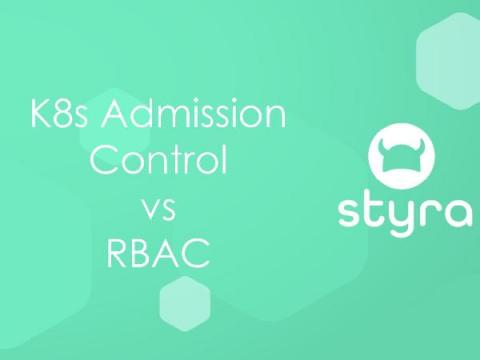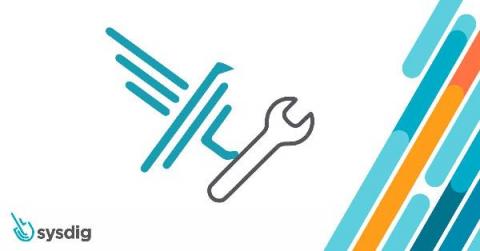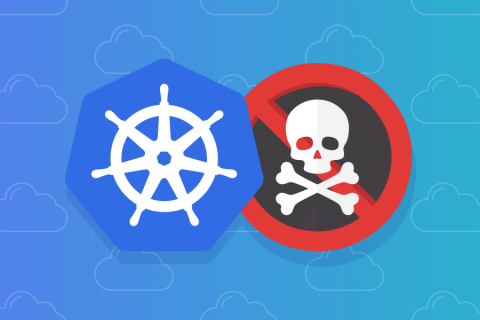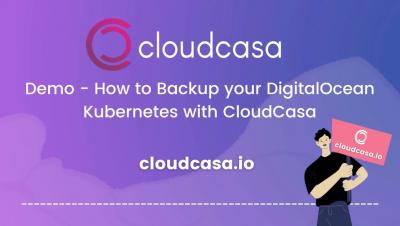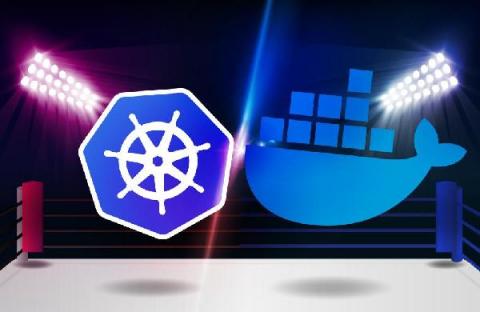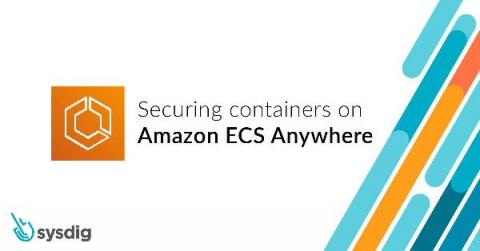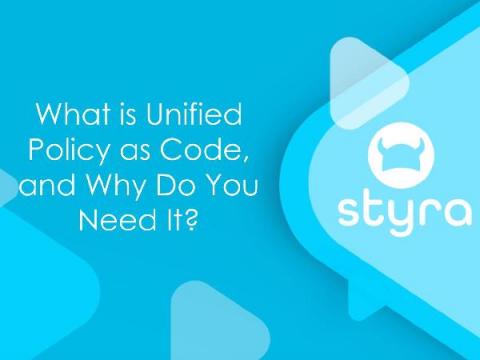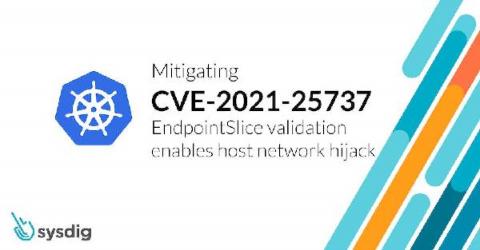K8s Admission Control vs RBAC
Today, if you’re running Kubernetes, you know that security is not “built-in.” To secure your clusters, you have to configure, add or build in additional controls. Some are part of Kubernetes, like role-based access control (RBAC), but other best practices include specifying trusted repositories for known-good containers and then layering in runtime scanning tools as well.


